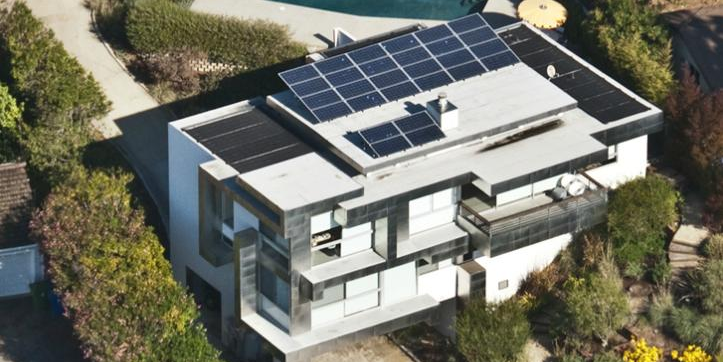SolarCity's two securitizations to date were "very small" by the standards of the asset-backed securities market, acknowledges Steve Viscovich, managing director for securitized products at Credit Suisse Securities, who was at the centre of both.
“But,” says Viscovich, “I think in very short order we’ll start to see deals three times that [size].”
Credit Suisse acted as sole structuring agent and sole bookrunner for both of SolarCity’s securitizations. It has also invested in other distributed PV companies known to be contemplating securitization, including SunRun.
California-based SolarCity, the largest residential PV installer in the US, last year raised $54.4m through the first-ever sale of solar asset-backed notes with an investment-grade rating.
In April of this year SolarCity raised another $70.2m through the securitization of existing solar assets.
The idea of securitizing assets and raising capital against them is nothing new in the distributed PV sector in the US, with many companies having transacted such deals privately with financiers.
But SolarCity’s deals were a breakthrough because its notes were deemed investment-grade by Standard & Poor’s, making them liquid in the secondary markets and therefore hugely more attractive to investors – and allowing SolarCity to raise money at a much lower cost.
SolarCity’s deals are “representative of what’s to come”, says Viscovich
“You’re going to see massive amounts of volume coming through.”
“If you look at the two deals we did, the cost of capital was about 4.5%, and it provided a significant amount of leverage relative to the cash flows that were coming off of [SolarCity’s assets].”
“We expect that to continue to improve – both from a leverage perspective, as well as from a cost of capital perspective,” he says.

